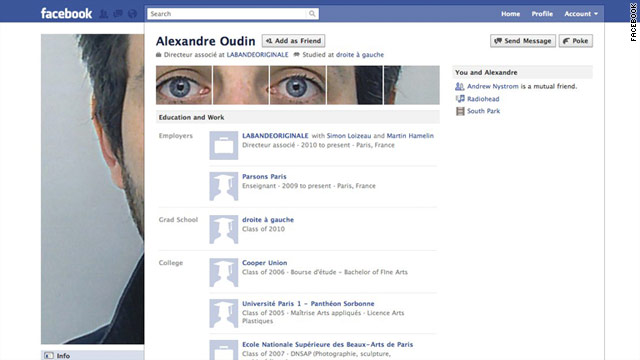Those brought up in communism (in the Soviet or Cuban sense)--as well as those who have dealt with any nation's civil service--will tell you that logic is infinitely malleable.
So I was slightly less impressed by PayPal's apology for freezing an account that tried to raise money for needy children, than by its beautiful logic in first freezing the account.
Should you have missed this tale, PayPal shut down the account of a site called Regretsy because it tried to use PayPal's "donate" button to accept, well, donations.
Regretsy, knowing that if David had been on the Web he would never have had to catapult stones at Goliath, published some of its conversations with PayPal.
PayPal has not denied the accuracy of these quotes, so I am assuming them to be true. It seems that when Regretsy's account was suspended, PayPal explained: "Only a nonprofit can use the Donate button."
 (Credit: Screenshot: Chris Matyszczyk/CNET)
(Credit: Screenshot: Chris Matyszczyk/CNET)
Regretsy pointed out that PayPal's instructions declared that the button could be used for "worthy causes."
In its first, highly salty pretzel of logic, PayPal allegedly replied: "What you're doing is not a worthy cause, it's charity."
It would surely be fair to ask any number of the idlers known as philosophy students--with Alain De Botton as their supervisor--to examine this stunning parsing of meaning.
If charity is not worthy, what is it? One suggestion might be that charity is something we do to make ourselves feel better, while a worthy cause is something whose primary goal is to make the recipients feel better.
Another might be that charity is tax deductible, while a worthy cause might not be.
PayPal's representative, though, allegedly offered something so much richer, so much more nuanced: "You can use the donate button to raise money for a sick cat, but not poor people."
A sick cat is a worthy cause. Poor people are not.
I stare at this logic and find myself desperate to reach for some Lava Vine port. I feel sure that even with De Botton, Wittgenstein, and Morrissey at my side, I would still need my brains loosened by high-table thinking juice in order to envelop such sleight of mind.
If the poor people were also sick, would this have made a difference? If the cat was merely impoverished, would that have changed its worthy cause status to merely charitable?
I want to believe that these conundrums--based, as they must have been on some interpretation of in-house rules--can be solved using simple words, 10 great minds, and one mere bottle of port.
However, what could possibly have been in the mind of the person who allegedly wrote these words? I feel sure that the person responsible would make an excellent leader of one the world's few remaining communist countries or the head of any national civil service.
They could be sent out to be an infiltrator, take power and then use such parsing of words in order to make the world a better place.
I think of such a plan as a charitable act. A charitable act in a worthy cause.





